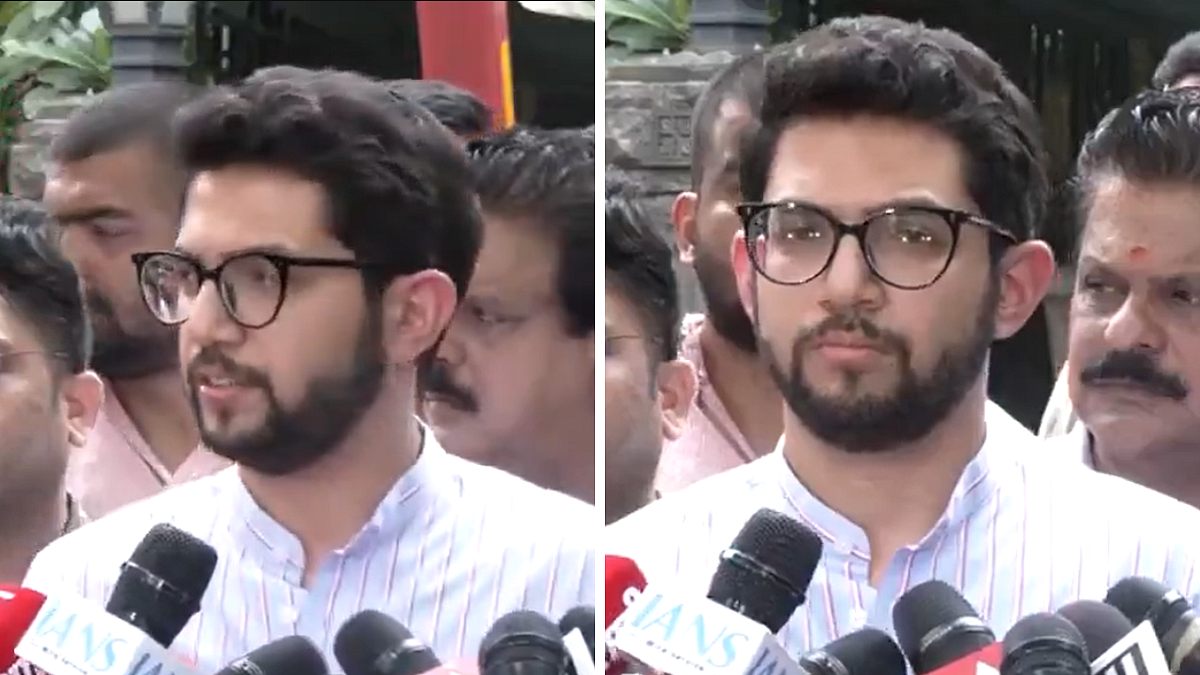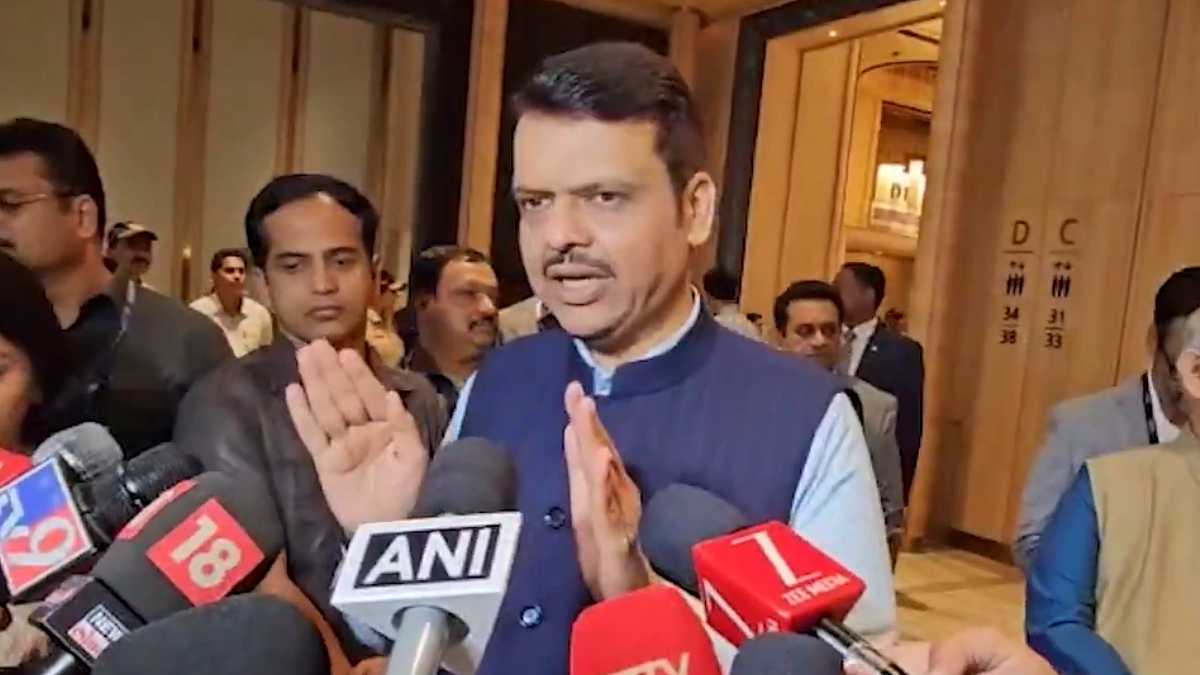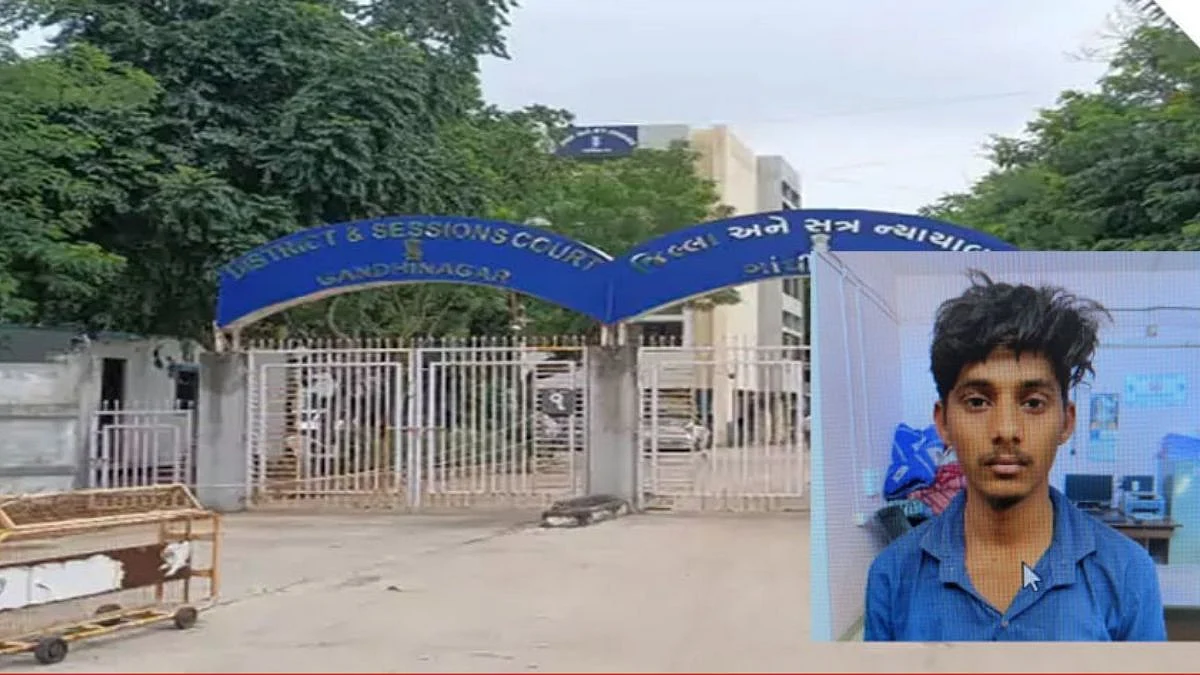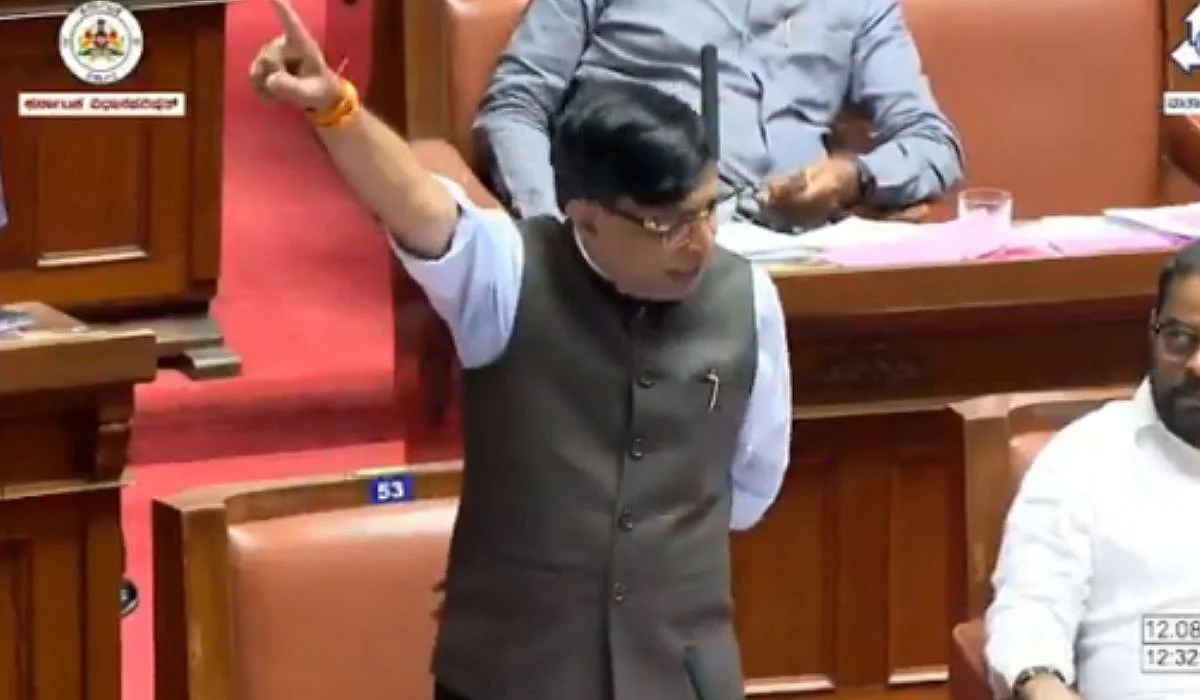Varanasi: A bizarre entry in the Varanasi voter list has triggered political uproar — the name of Swami Ramkamal Das, founder of the Ram Janaki Temple at Gurudham, appears as the “father” of 50 men, despite the celibate monk never marrying.
The list, which has gone viral on social media, records the “youngest son” as 28-year-old Raghvendra and the “eldest” as 72-year-old Banwari Das. Uttar Pradesh Congress leaders have accused the Election Commission of allowing a “brazen manipulation” of the rolls.
Senior Congress leader Maroof Khan said, "This is not just a clerical error. When one name appears as father to 50 voters of different ages, it raises serious questions about the authenticity of the rolls. If this can happen in Varanasi, what is the guarantee it is not happening elsewhere?"
On X, UP Congress amplified the issue, calling it “vote theft” and demanding immediate action. Party spokesperson Akhilesh Singh added, "The Election Commission must explain how such anomalies pass scrutiny. It is not enough to call it an ‘old list’ or hide behind technical rules. In an election, every fake or questionable entry is a potential stolen vote."
Officials deny any wrongdoing
State Election Commission officials have dismissed the controversy, saying the list in circulation is from 2023 and pertains to polling booth 206 at Kanya Primary & Upper Primary School, Shankuldhara, Kashmiri Ganj. Voters numbered 234 to 285 all have “Ramkamal Das” listed in the father’s name column.
Ramkamal Das is a jagadguru who built the historic Shri Ram Temple in Khajua-Kashmiriganj. The temple’s gurukul houses monks and young Brahmacharis, who listed their guru’s name instead of their biological father’s when applying for voter ID cards.
Under a 2022 State Election Commission guideline, monks, nuns, and members of religious orders may use the name of their guru or religious institution in place of a parent’s name. Officials said all the voters in question live in the same ashram and were issued IDs according to this rule.
Senior office bearer of the temple, Rambharat Shastri, confirmed the list’s authenticity but clarified that it reflects the centuries-old Guru–Shishya tradition of Hindu monastic life.

"In our ashram, disciples who have renounced worldly life consider their Guru as their father," Shastri explained. "When a person adopts the life of a sadhu, his worldly family ties are severed, and the Guru’s name is entered in place of the father’s name in all records".
Still, with elections looming, the monk’s 50 “sons” have already turned into a political flashpoint — with Congress insisting that what is legally permissible can still be politically suspicious.










